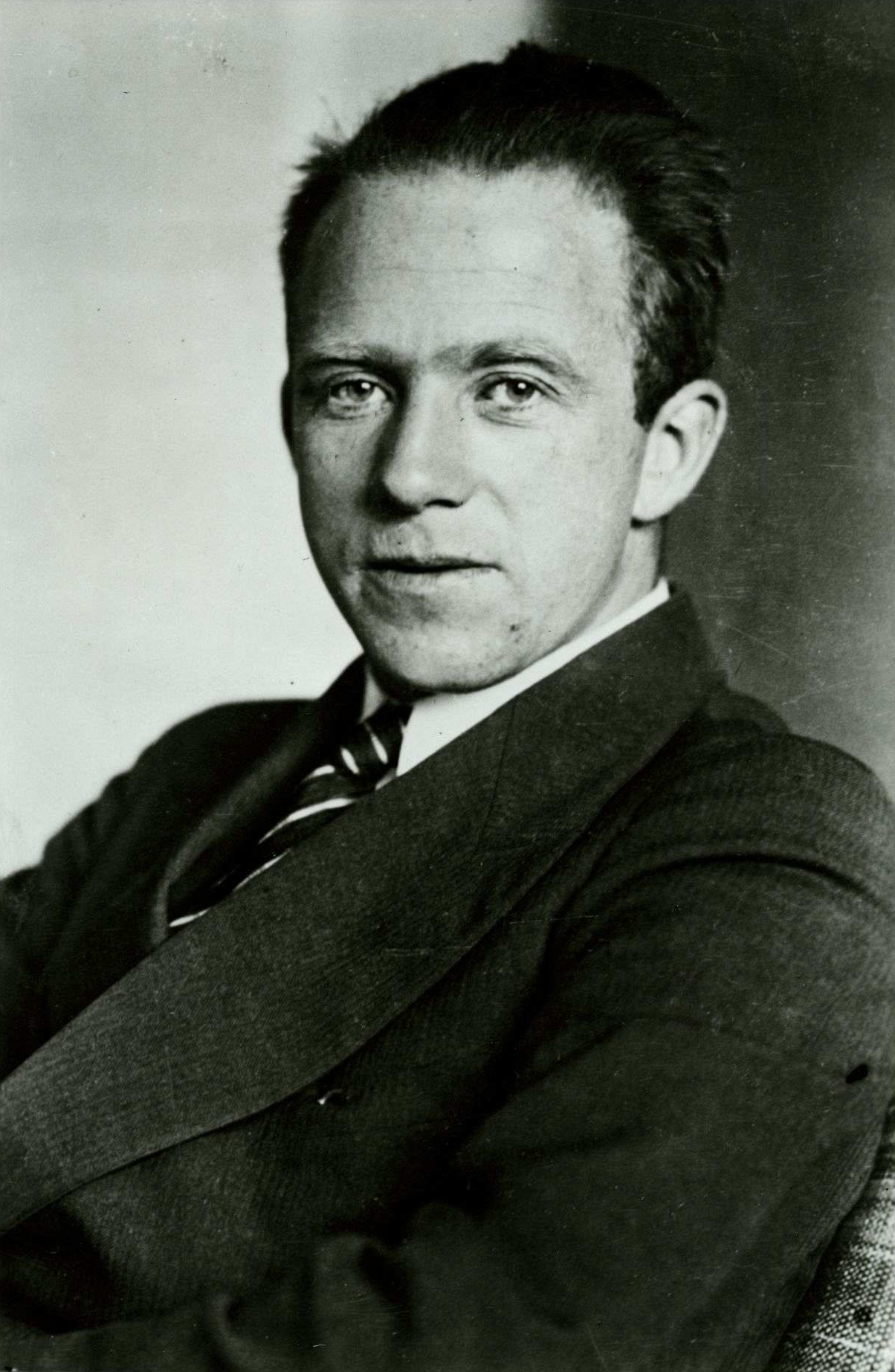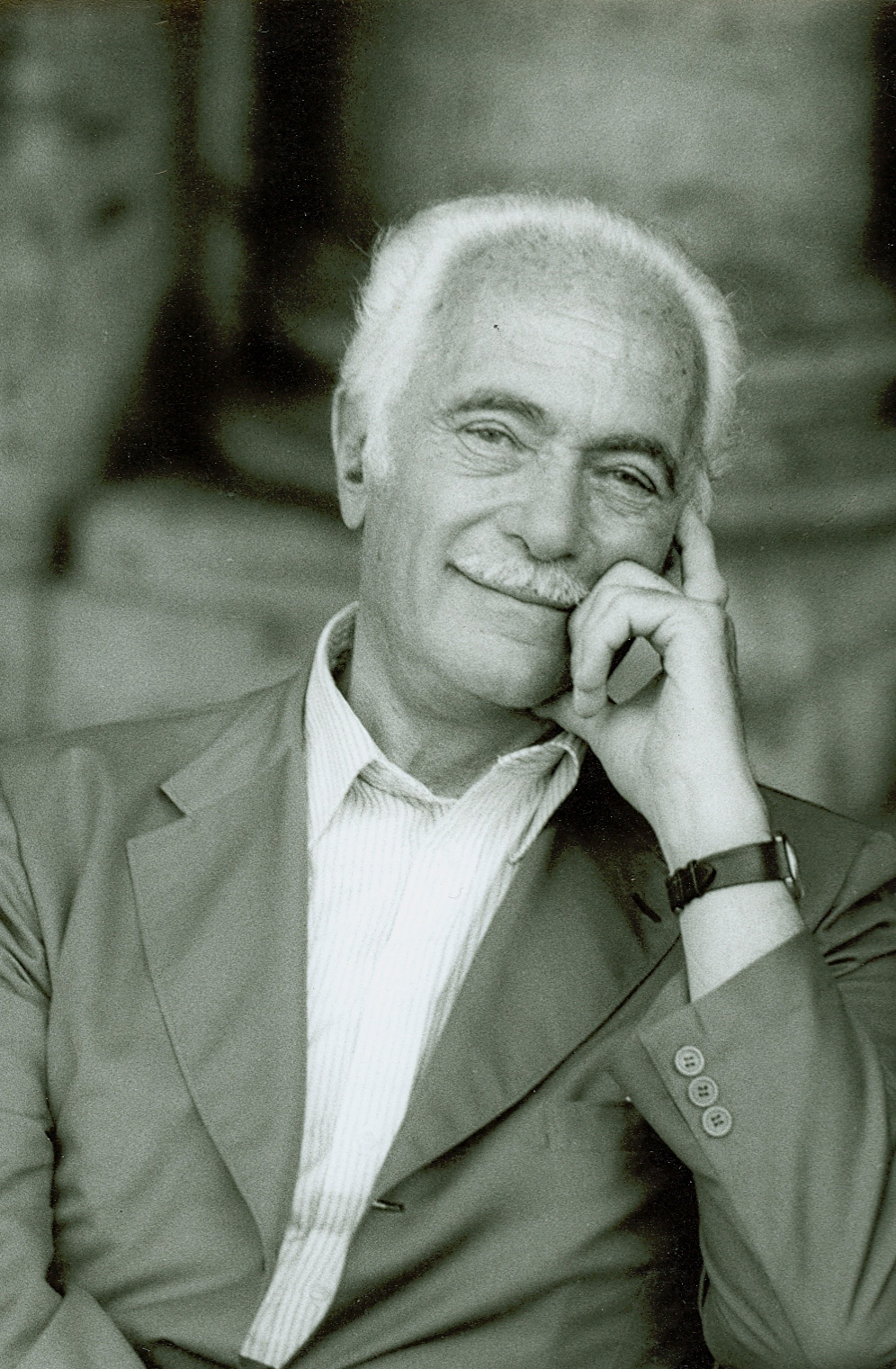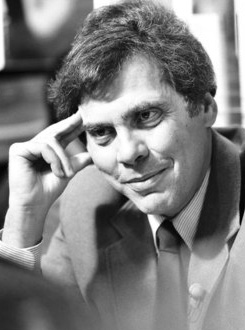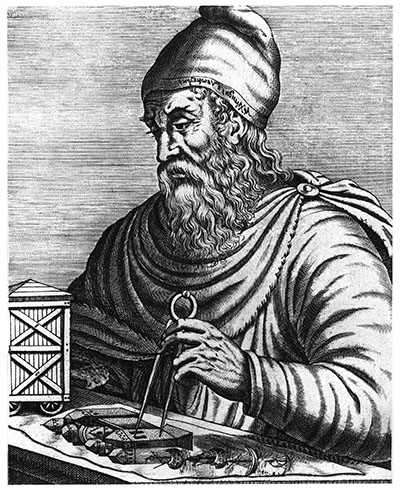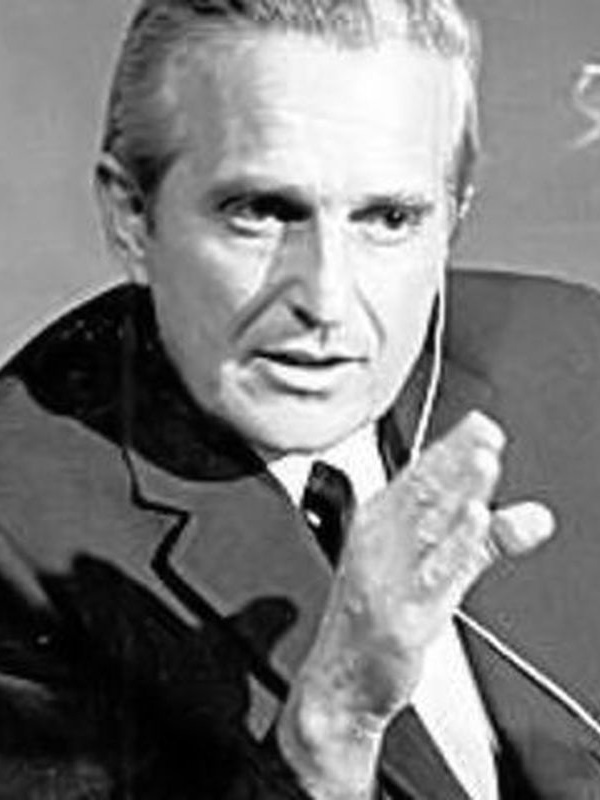N-keywords
Contents
Keywords
Paradigm
We use this keyword in two ways:
- To point to a general societal-and-cultural order of things where everything depends on everything else; and importantly to its basic fractal-like structure—where even the smallest detail reflects the overall shape of the whole big thing
- As Thomas Kuhn did; to point to
- new way to conceive a domain of interest
- which resolves the reported anomalies
- and opens a creative frontier to research and development.
The domain of interest here is not a traditional academic field, where paradigm shifts have been (as Kuhn demonstrated) relatively common—but information and knowledge in general.
The point here is this lovely paradox:
Comprehensive change can be easy—even when small and obviously necessary changes have been impossible.
And that an impending new paradigm information—concretely transdisciplinarity—naturally begets the comprehensive societal and cultural paradigm; and that this new paradigm in information is now demanded by three categories of anomalies—each of them alone sufficient to mandate the change:
- Fundamental insights reached in science and philosophy
- Contemporary global condition
- New information technology
(Werner Heisenberg, Physics and Philosophy, 1964?)
Our culture is founded on an error.
Discovered and reported but not corrected.
(Aurelio Peccei, One Hundred Pages for the Future, 1981)
Our situation necessitates change.
Club of Rome story.
(Neil Postman, Interview to XY, 1990)
Information technology made things worse.
When in with old paradigm—more, faster, cheaper.
(René Descartes, Meditations on First Philosophy , 1641)
Logos
THE key meme...
(Attributed to Archimedes)
Epistemology
Archimedean point — federate an epistemology. Use it to revive culture.
Apply logos (KF) to the way we use the mind; and to foundation.
Design epistemology as prototype
(Doug Engelbart, "Title*, Byte, 1995)
Knowledge federation
(Erich Jantsch, Loooong title, MIT Report,1995)
Systemic innovation
Etc...
(Erich Jantsch, Loooong title, MIT Report,1995)
Dialog
It was all ignored.
The function of the dialog is to dissolve the paradox.

